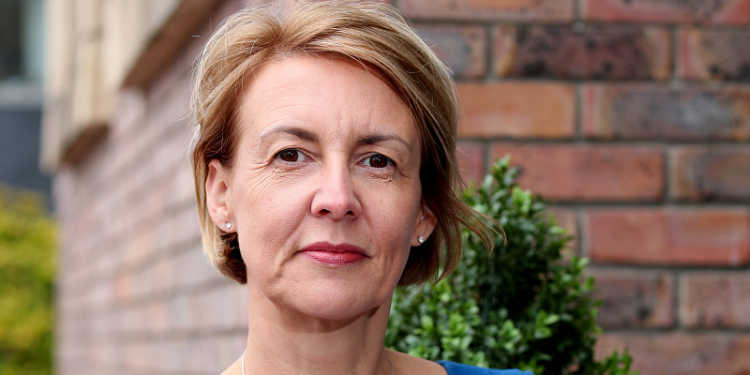As adults, we understand how important it is to ask for help when we need it.
This is particularly true post-pandemic, with almost half of respondents surveyed by Allianz becoming more aware of their own mental health.
For the most part, we know what support is available, who to ask for help and how to let those around us know when we are not okay.
The same cannot always be said for children and those under 18 who depend on adults for support, guidance and protection.
Assistance for parents
It’s no secret the pandemic had a huge impact young people around the world, but often parents and guardians do not know where to look or which service to approach to help their children.
They may struggle to know if a GP, counsellor, charity support line or even their peers are right.
One service often overlooked are employee assistance programmes (EAP) which are available to many employees.
While under 18’s cannot use an EAP directly, it is a completely confidential and free service, available to support parents and offer advice to those concerned about their children’s mental health and can point them in the right direction.
For example, if a 15-year-old is suffering from depression, parents can use their EAP service to get advice on what they should do, who they should contact, and how to communicate with their child.
Counselling for under 18’s
EAP offerings provide short-term, general services which are best suited for adults, whereas young people under 18 often need longer-term, more specialised care to treat more complex conditions such as eating disorders, behavioural issues or depression.
The regulations around access to supports for under 18’s varies region-to-region.
In the UK for example, the NHS provides Talking Therapies or Psychological Therapies delivered by fully trained and accredited NHS practitioners, but in most cases, patients need to be 18 or over.
Under 18’s can access support via the specialised Children and Young People’s Mental Health Services (CYPMHS) which works with children and young people who have difficulties with their mental health or wellbeing.
In other territories such as Canada, EAP services can be accessed by those as young as 14.
However, this is assessed on a case-by-case basis depending on the level of maturity of the individual to show they understand short term counselling, their reasons for being there and any potential risks to the individual in that situation.
Employers have a responsibility to ensure EAP contact details are easy to find and frequently communicated to workers, so that employees understand the range of services on offer to help them and their families.
It’s also important to reiterate that these services are fully confidential.






